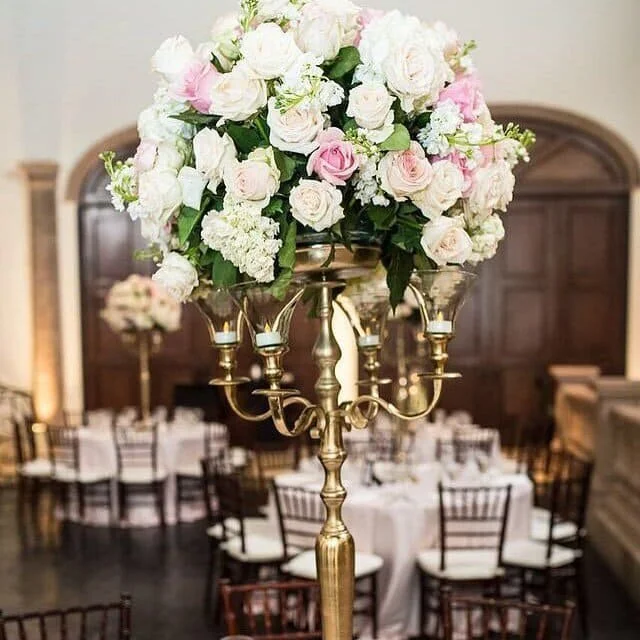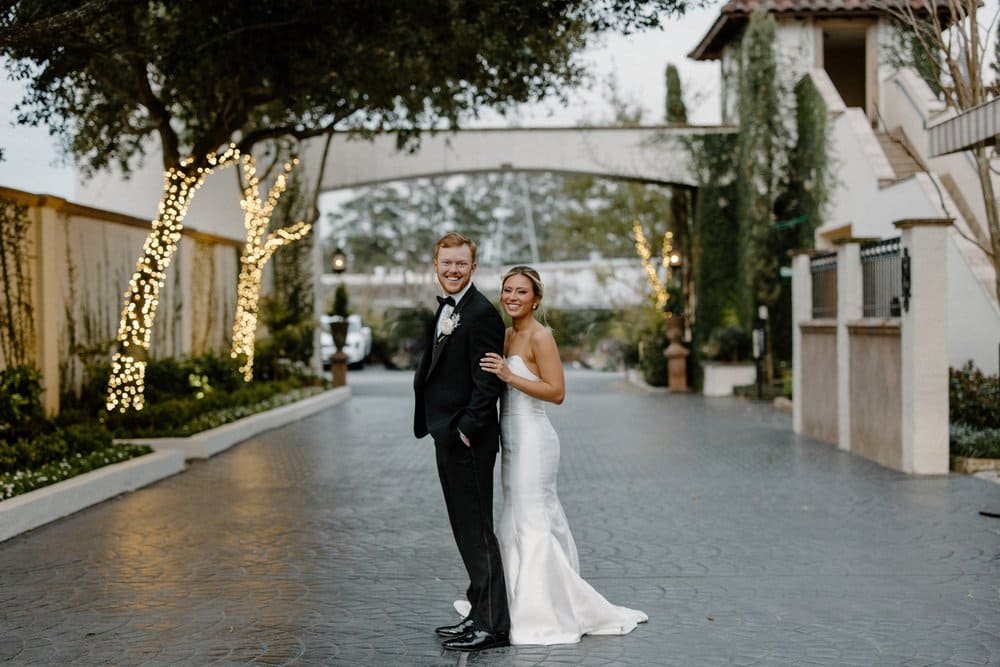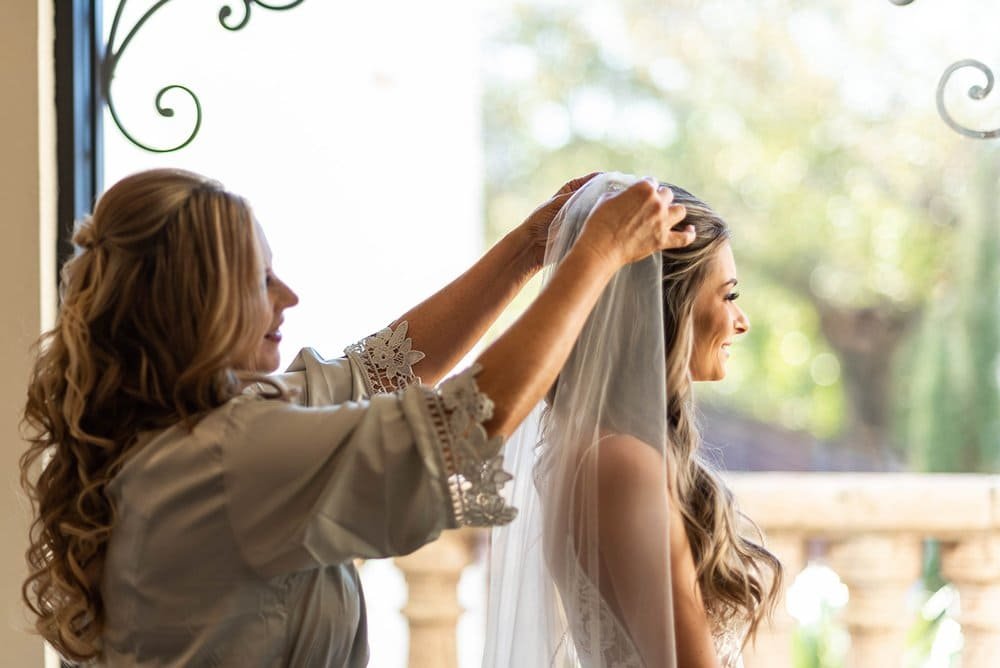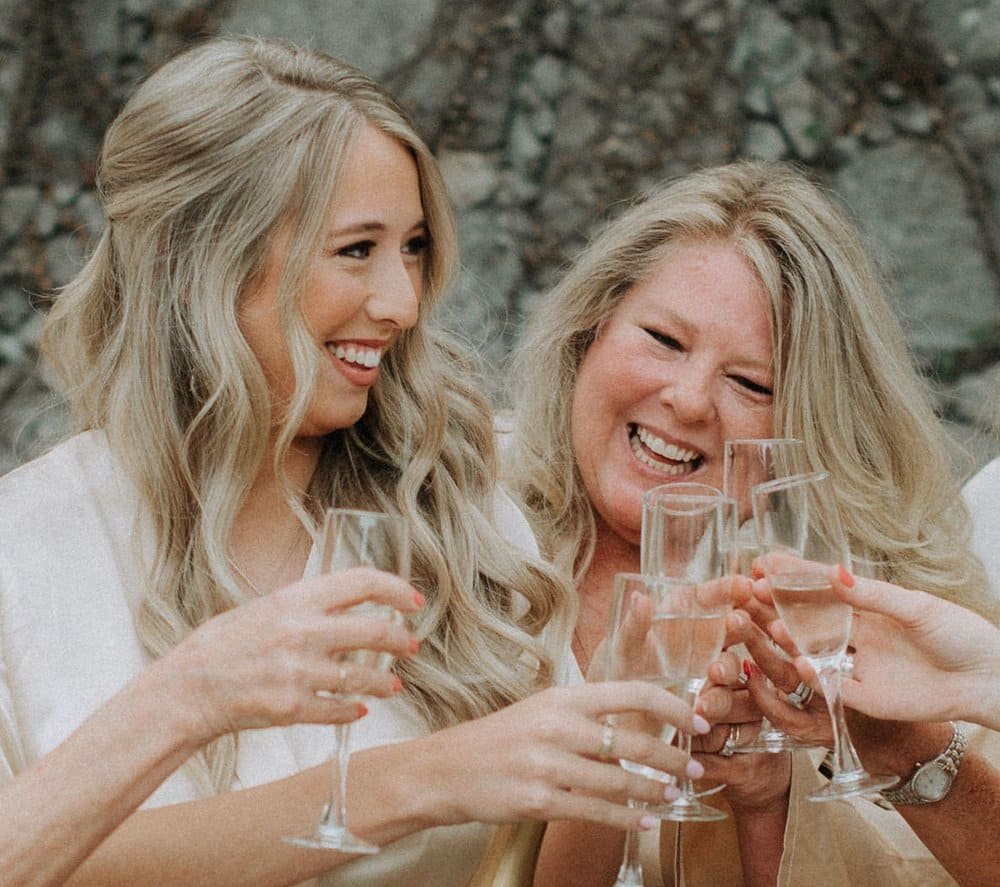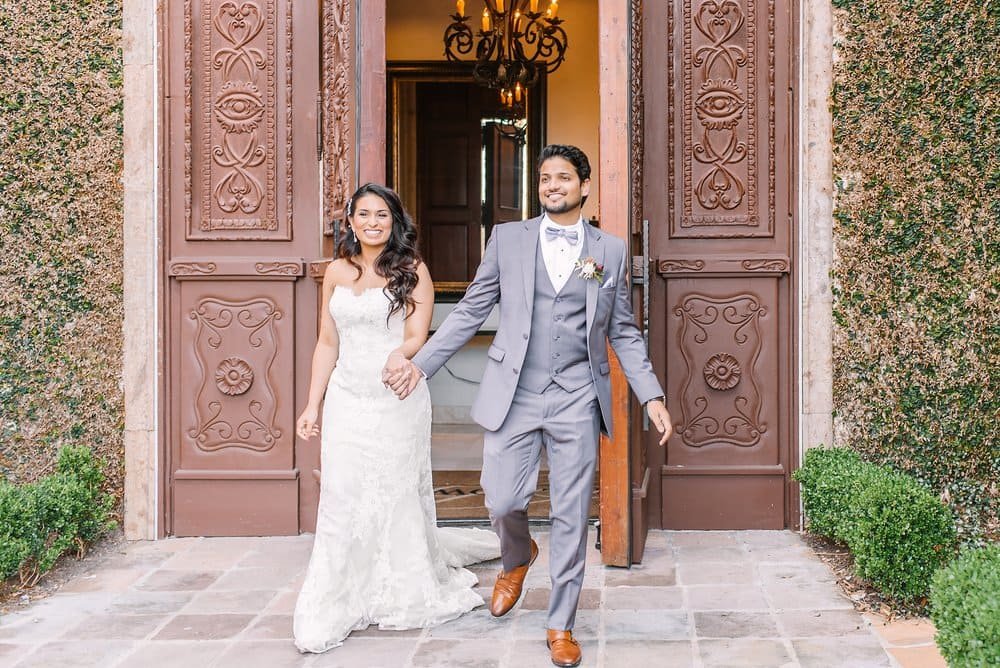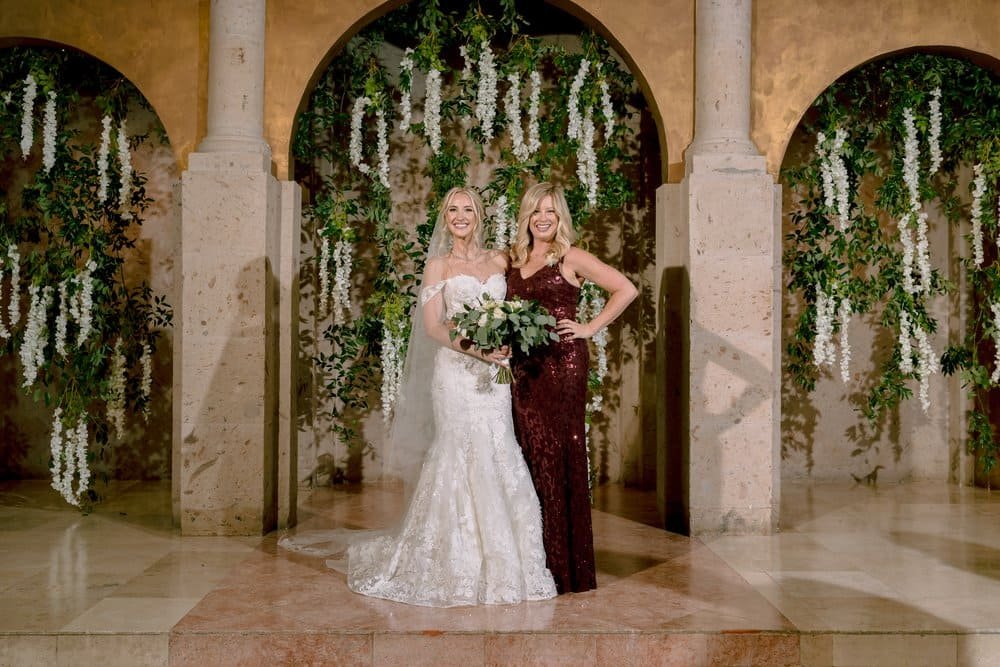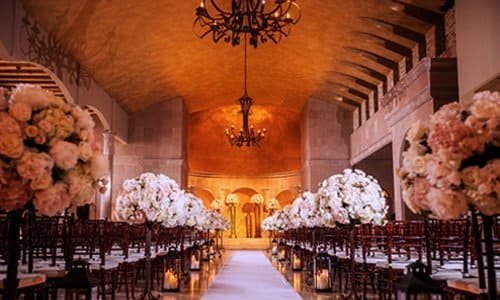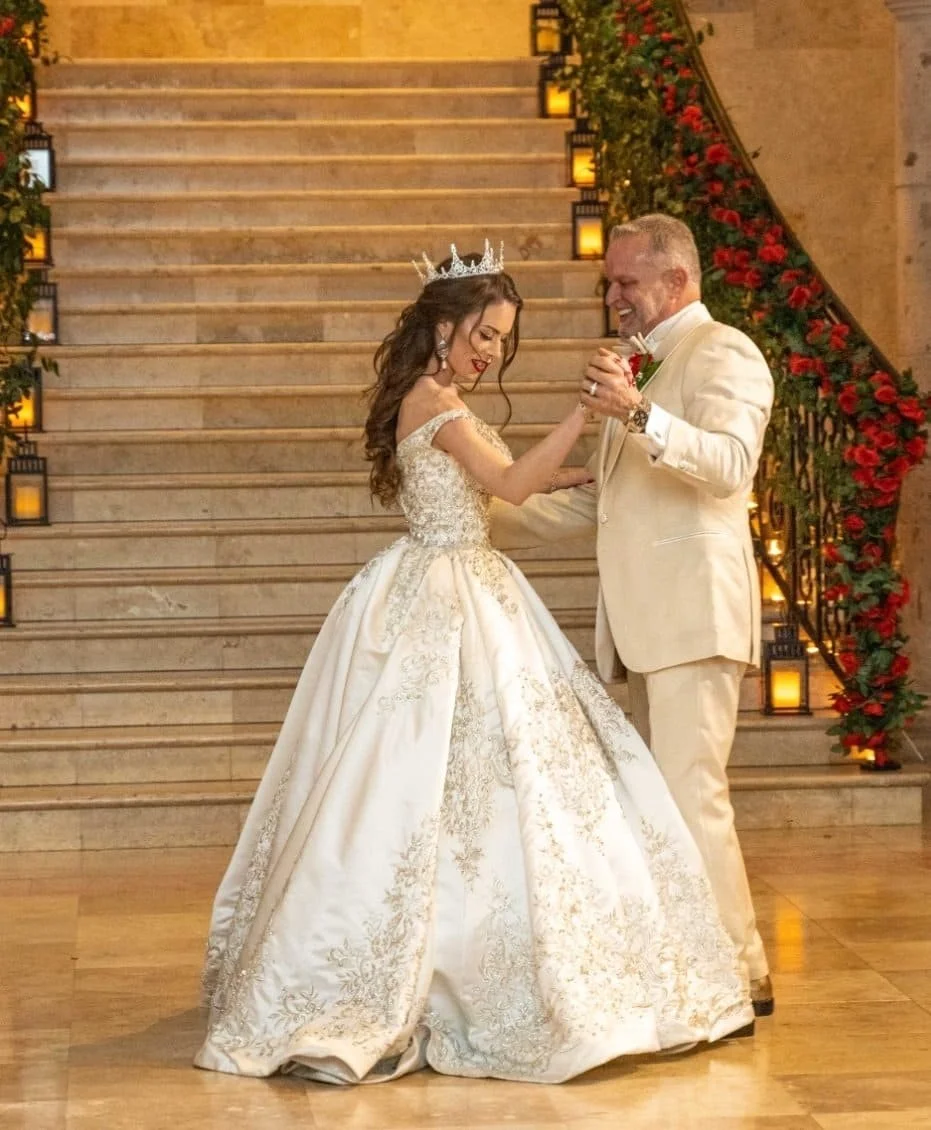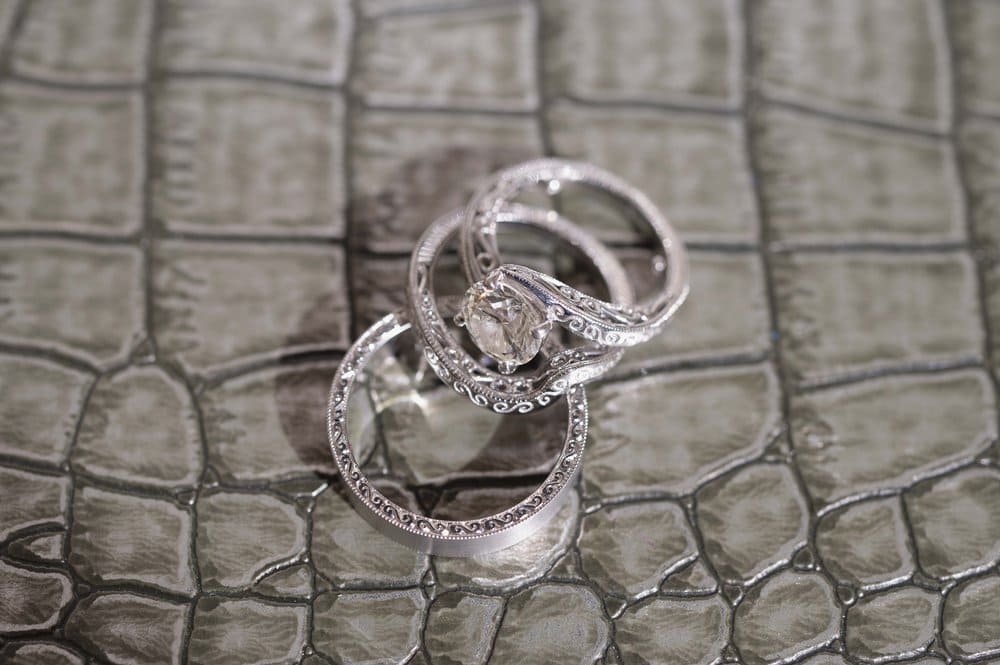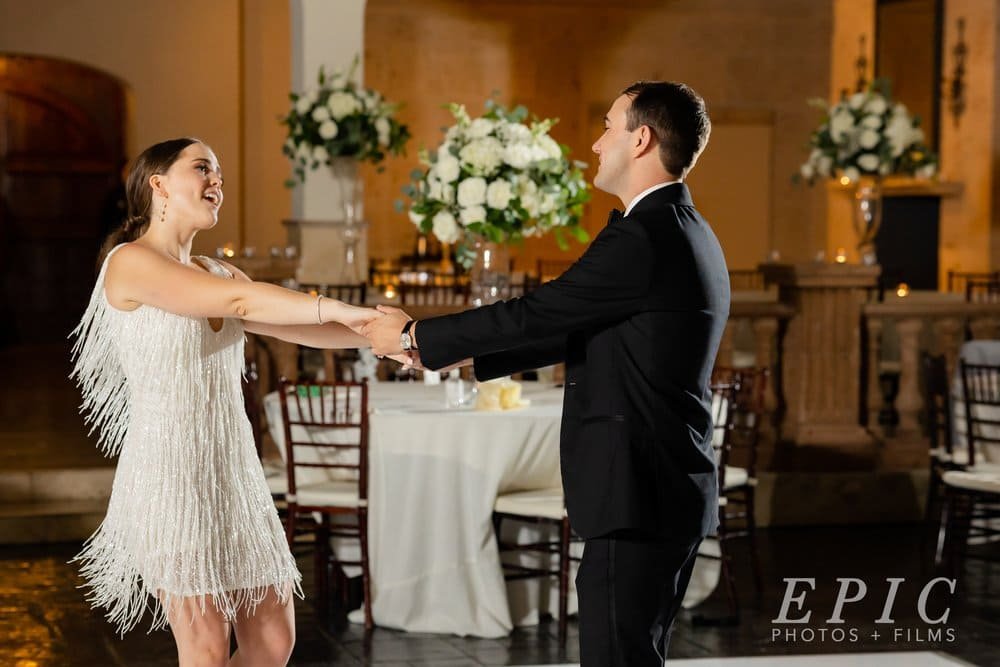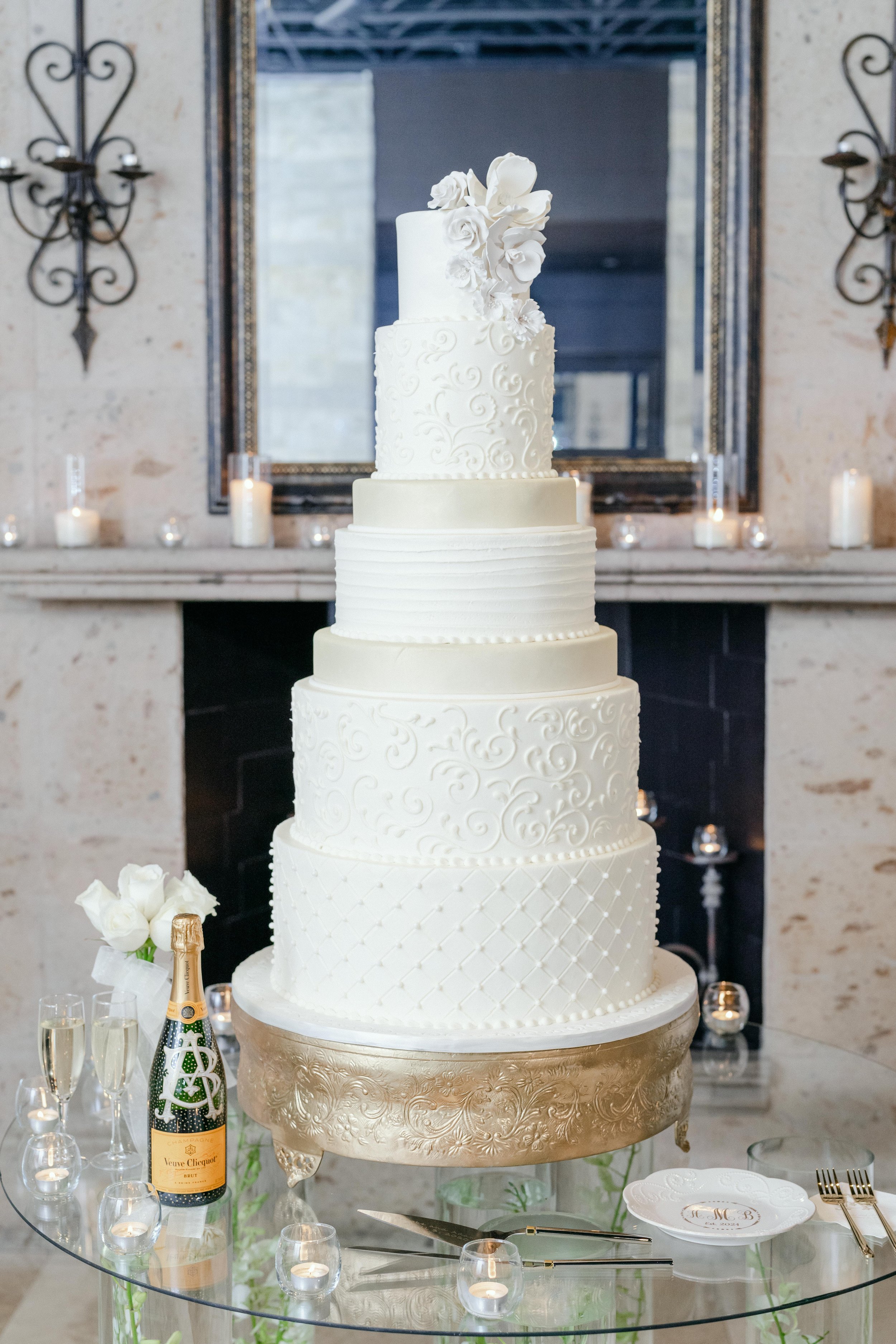There’s a reason 70% of weddings take place on Saturdays.
For most people, and their guests, Saturday is by far the most convenient day for a large gathering. If people are joining you from out of town, they can arrive Friday evening and devote Sunday to their trip home. Saturday is a perfect fit, as well, if you want to celebrate and dance well into the early morning hours.
But despite all of those advantages, increasing numbers of couples are going with Sunday weddings instead.
For one thing, finding affordable venues with reservations open on Saturdays has always been a challenge. And now that people who postponed their weddings because of COVID-19 are booking their events, the competition for reserving a venue on Saturdays is even stiffer.
But Sunday weddings have more to offer than second-choice status. Getting married on the first day of the week can be more affordable, and depending on your tastes, can create its own unique and pleasant feel to the day.
If you’re thinking about getting married on a Sunday, we have some pros and cons to consider along with a few tips for you.
Drawbacks to Sunday Weddings
Sunday weddings can be wonderful, but they do pose a few challenges.
First of all, you may find it a bit more challenging to line up vendors, especially with the flurry of post-pandemic wedding planning we’re seeing now.
You should know that some wedding-industry businesses limit themselves to one client per weekend. That means that if the videographer you’re interested in already has a Saturday wedding gig, they may turn you down for your Sunday event.
Not only that but Sunday not be ideal if you are considering a late-night wedding-after party.
What’s more, a Sunday wedding won’t necessarily be convenient for out-of-town guests, unless your Sunday wedding is taking place during a three-day weekend or it’s not a problem for them to take Monday off for their trip home. We suggest touching base with guests who would need to travel before you finalize your wedding date. Beyond that, prepare yourself for some guests to decline your invitation…or to leave your wedding early so they can return home at a reasonable time.
A few more thoughts on three-day holiday weekends: Holding a Sunday wedding during Memorial Day or Labor Day weekend has its own pros and cons. Most out-of-town guests can travel home on Monday, but they also will have to budget for more expensive airfare and hotel rooms on a holiday weekend. And, the more affordable, non-Saturday venue rate you were looking forward to may not be available on a holiday weekend, when demand tends to increase. We’re not saying you should rule out holiday weekends, but you will want to weigh your options carefully.
Another challenge related to Sunday weddings applies to those of you hoping to have your ceremony officiated by your pastor or in your church. They may not be available on a Sunday. But…if you have some time flexibility, you might be able to make it work
Sunday Wedding Plusses
As we’ve mentioned once or twice, Sunday weddings can save you money. Venues usually charge their highest rates for Saturday night weddings simply because those are the time slots in greatest demand.
Some caterers offer lower rates on Sundays, too, freeing money for other priorities like special entertainment or a custom wedding video.
In addition to savings opportunities, Sundays are perfect for a less-than-traditional wedding schedule. They’re ideal for brunch weddings or a late-afternoon wedding ceremony followed by dinner receptions. They also work for reception-only wedding celebrations. You also have the flexibility to be more casual, if you’d like, or aim for a shorter event than you might have on a Saturday.
Another reason to consider a Sunday wedding is the overall vibe that comes with it. If the party atmosphere associated with Saturday-night weddings isn’t your thing, you may enjoy creating a family-friendly event or enjoying a beautiful outdoor setting on Sunday.
If you do go with Sunday, you might want to customize your theme—assuming you want one. For example, instead of a Hollywood theme, you can go with “Sunday Matinee” with popcorn and candy food stations and a retro movie theatre décor.
Looking for something more formal? A traditional Sunday tea party theme with lush flowers, china, delicate pastries, and creative signage allows you to keep things elegant but earlier in the day.
Want to get guests on the dance floor? A Sunday Funday theme sets the stage for an upbeat celebration, complete with beer, lawn games, and a killer playlist.
Or…create a festival wedding with rustic elements and carnival games. Offer fresh lemonade, sausage on a stick, and funnel cakes.
Tips for You:
If Sunday sounds like a good fit for you, here are a few suggestions for wedding success.
Send your save-the-dates further in advance—up to eight or nine months prior for Sunday weddings. This gives guests more of a heads-up to clear their calendars.
If you’d like a religious ceremony, line up your officiant far in advance. Try to avoid coinciding with special events or holidays that could impact their availability—in addition to the fact you need them on a Sunday!
If your Sunday wedding coincides with a holiday weekend, load your wedding website with hotel options so guests can find the right fit for their tastes and budgets-even when rates are higher than usual.
Provide transportation resources if your wedding falls on a holiday weekend that impacts travel plans. Offering a shuttle service can be helpful for out-of-town guests.
Guests also will appreciate information about local attractions if they’re coming to town for a longer stay.
Remember, there is no “wrong” day to get married, and there is no reason why your Sunday wedding can’t be an excellent, unforgettable event.


